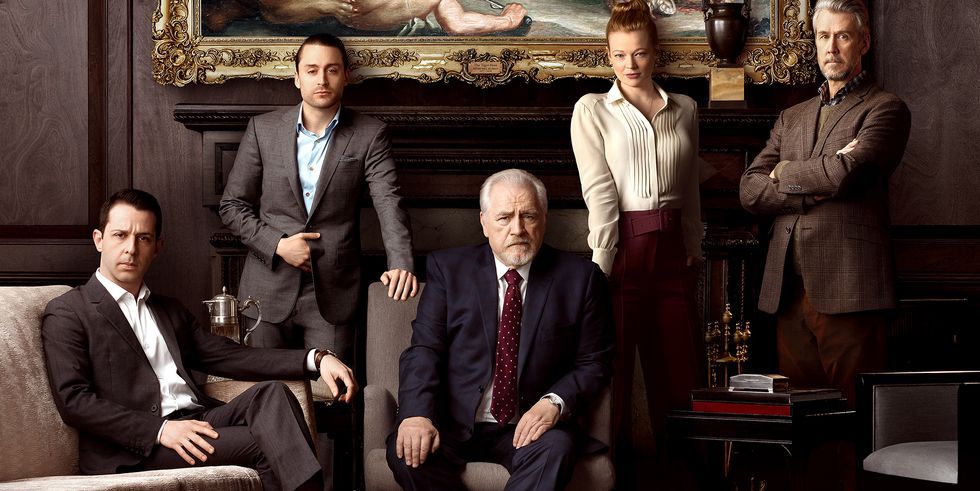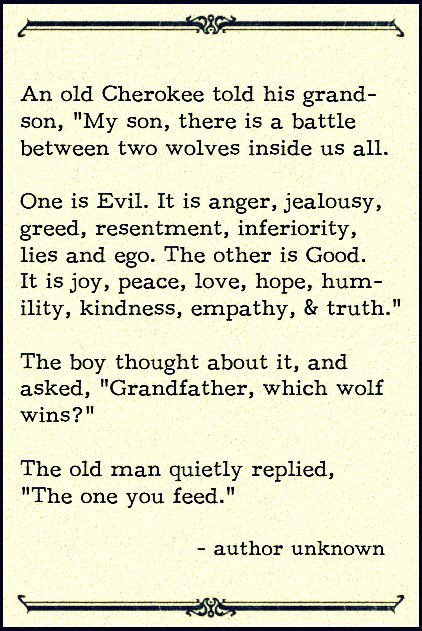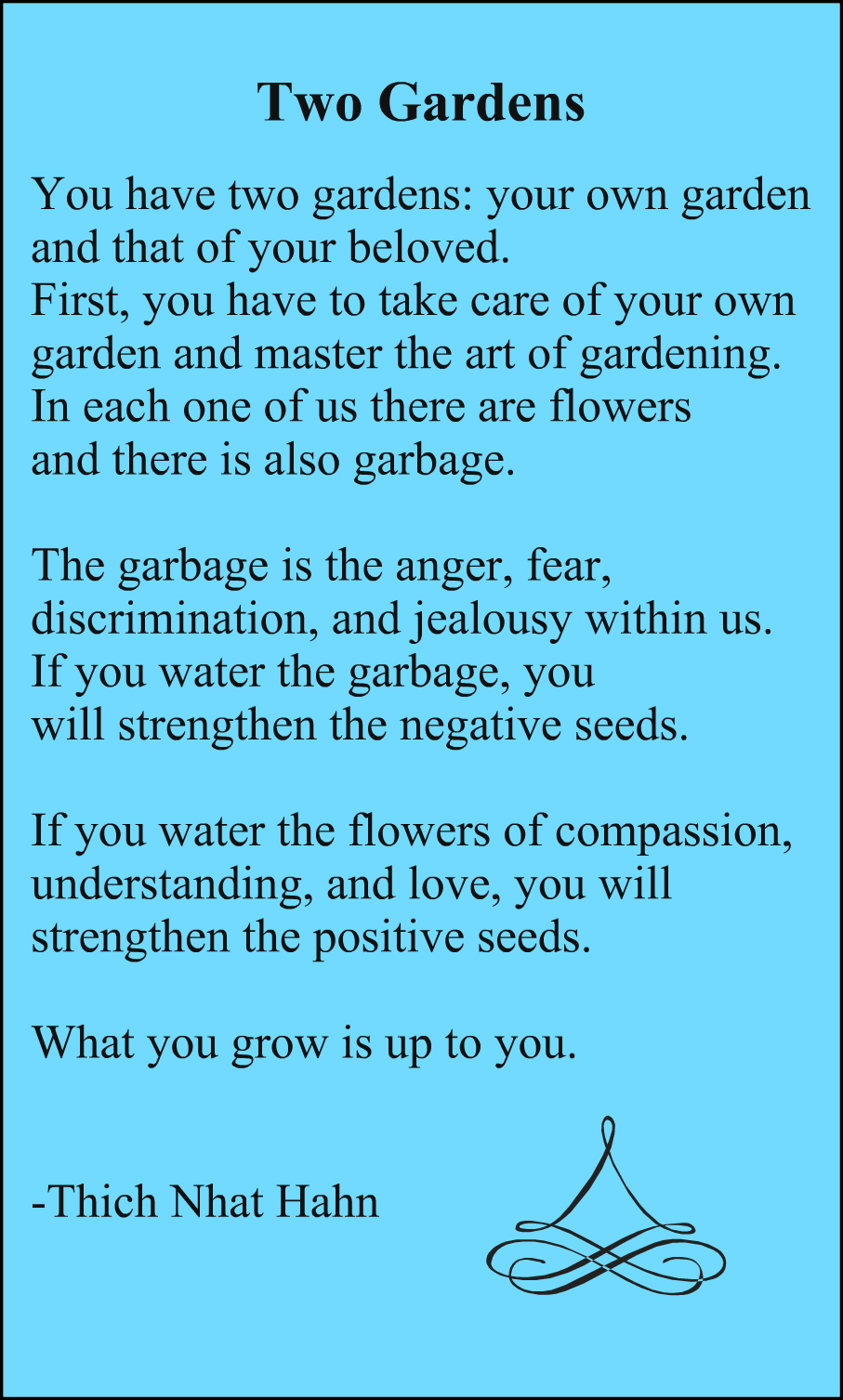
Stonewalling and Avoidance Aren’t Helping Your Relationship
Stonewalling and Avoidance Aren’t Helping Your Relationship
Is you have a tendency to shut down the conversation, retreat into your own space, or avoid the other person entirely when conflict hits, you might using stonewalling and avoidance. And it’s probably hurting your relationships.
Stonewalling is a defense mechanism that occurs when one person in a conflict opts to end communication altogether. Stonewalling can look like shutting down, checking out, withdrawing, spacing out, or busying oneself with work or other tasks, all to avoid the conflict at hand.
I recently had the pleasure of working with writer Christine Perez on an article she wrote for Vogue:
What to Know About Stonewalling, the Silent Relationship Killer.
In it, she takes a deep dive into this phenomenon of stonewalling. What it looks like, why you do it, and why it’s harmful.
Stonewalling and Avoidance
Stonewalling is just one of many behaviors of people who have an avoidant attachment style. If you were brought up in a household where you didn’t do things like:
- talk about feelings
- share your internal world
- resolve conflicts or hurts with the people close to you and/or didn’t see healthy conflict resolution demonstrated
- express your emotions
…then you may have an avoidant style of relating.
Stonewalling and avoidance may have saved you in your youngest years, since in this type of family system, parents were either not willing or able to meet your (or even, possibly, their!) emotional needs. People who tend to be avoidant are generally raised by people who tend to be avoidant.
If you’re a parent and don’t want to pass on this relationship style to your kids, know that there is hope. We can stop this cycle. Therapy helps.
Support for Stonewalling and Avoidance
If you’re someone who stonewalls, avoids confrontation or being vulnerable altogether, and you’d like to get some support. reach out today. Working through avoidant attachement or avoidant tendencies is best done with the support of someone who knows how hard it can be to open up.



